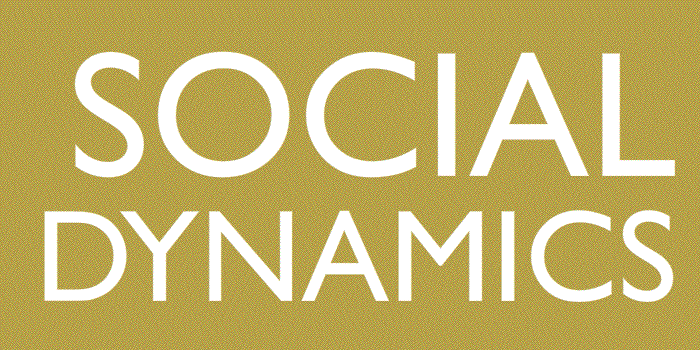Conference at the Centre for Social Sciences, Institute for Sociology
Budapest, 17-18 October, 2022
Programme
Programme with panels and sections
Abstracts

This two-day conference aims to provide an analysis of the complex social, political and economic impacts of the COVID-19 pandemic. The European continent was already experiencing turbulent times when the pandemic arrived in terms of rising social inequalities, mass migration, climate change and the continuous discord of fake news. The conference will assess the changes caused by the pandemic to social mobility including international migration and tourism, as well as considering implications for sustainability in a regional, urban and rural context.
The framework for the event will be social integration, which means the mechanisms that coordinate the repetitive actions of members of society and set the framework for social reproduction, the processes of cultural reproduction, socialization and cooperation, trust and participation, and the expression of belongings to the community as well as direct personal relationships. Social integration is a particularly important dimension to consider when assessing the effects of the epidemic and the characteristics of the post-COVID era. The quality and degree of integration and the system of social inequality have a fundamental impact on the success of the fight against the pandemic. The long-term consequences of the COVID-19 pandemic are the rearranging of social inequalities and health status in addition to solidarity, networks, willingness to cooperate, trust, sense of exclusion, social, political, and labour market activity.
The pandemic itself is an environmental disaster, but little is known about its long-term consequences on dealing with climate change, It may represent a switch in behaviour, which will open up new opportunities to re-shape the relationship between man and nature. Alternatively, it will cast a shadow over this challenge. The impact is difficult to foresee, especially in the face of a war threatening a food crisis, the natural devastation of which is immeasurable.
The post-COVID age coincides with the unpredictability of a period of war, the political effects of which have already become apparent with the rise of populism and the strengthening of European integration and unity. But how will all of this impact on the legitimacy of social stability and political integration? We invite members of the scientific community to answer some of these questions.
Organizing committee:
Bernadett Csurgó, Imre Kovách (chair), Luca Kristóf, Boldizsár Megyesi, Attila Papp Z.
Secretaries of the conference:
Bálint Hilbert, Veronika Kocsis, Botond Palaczki
Call for Papers
Working groups (for a detailed description of working groups click here)
- Social inequality and integration
- The Role of Elites in Social Integration
- Impacts of COVID-19 on Migration Issues in Europe
- Social and methodological challenges to research on civil society and social movements
- Human ecology – crosscutting themes: healthy and environmentally sound food production and climate change, protection of the environment, energy and water resources
-
Placemaking in the (post)-Covid era - The role of cultural heritage and local resources in tourism and development in a regional and urban-rural context
-
From de-peasantisation to pathways of rural innovation and regeneration
E-mail address of the conference: social.dynamics@tk.hu

